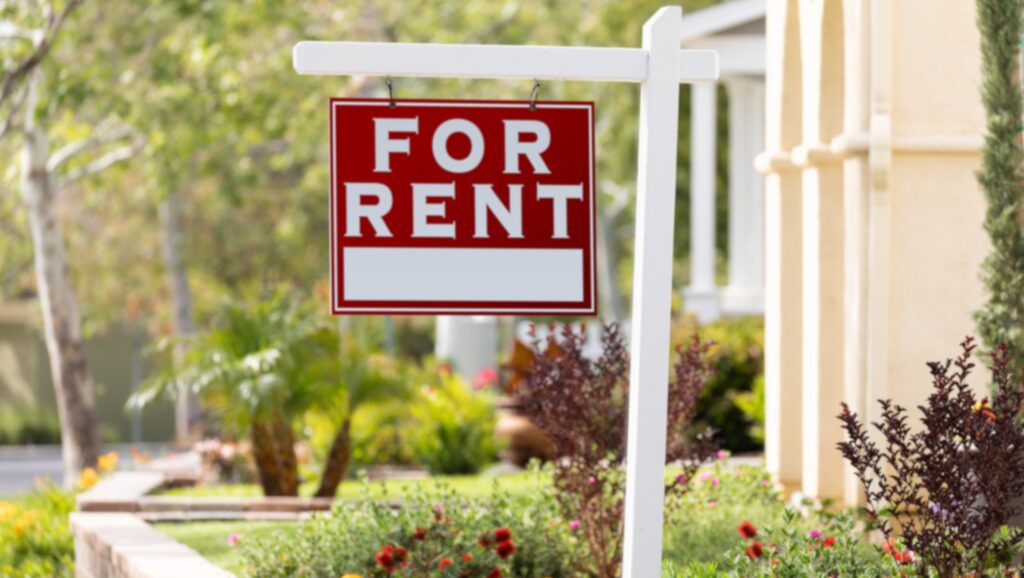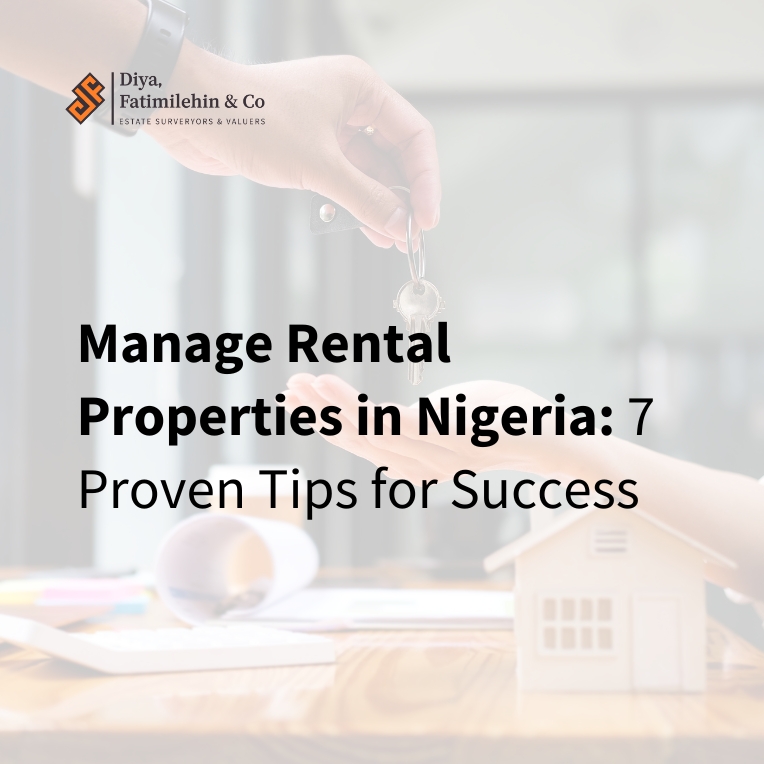Managing rental properties in Nigeria can be a great way to earn consistent income, but it’s not without its challenges. Whether you’re a new landlord or have been in the game for a while, understanding how to manage rental properties in Nigeria is key to keeping things running smoothly and maximizing profits.
In this article, we will discuss everything you need to know to manage rental properties effectively in Nigeria, from tenant screening to maintenance and legalities.
1. Finding the Right Tenants
One of the most important steps when you manage rental properties in Nigeria is choosing the right tenants. A good tenant will treat your property with care and pay rent on time. A bad one could cost you time, money, and endless stress.
Before you hand over the keys, make sure you thoroughly screen potential tenants. Here’s what to look for:
- Income verification: Make sure they can comfortably afford the rent.
- References: Talk to their previous landlords.
- Background checks: A quick background check can go a long way to avoid future issues.
Screening tenants properly is a crucial part of how you manage rental properties in Nigeria. It sets the tone for the entire rental experience and helps avoid bigger problems down the line.
2. Setting the Right Rent Price
To successfully manage rental properties in Nigeria, setting the right rent price is essential. If your rent is too high, you might struggle to attract tenants. Too low, and you’re leaving money on the table.
Do some research on similar properties in your area to find a competitive rate. Consider factors like:
- Location: Properties in cities like Lagos or Abuja usually command higher rent.
- Amenities: Homes with features like stable electricity, security, and modern fittings can demand a premium.
- Market demand: If there’s a lot of competition in the area, you may need to adjust your price to attract tenants.
Getting the price right will help you manage rental properties in Nigeria more effectively by ensuring you get a steady stream of income and minimize vacancy periods.
3. Staying on Top of Maintenance
A key part of managing rental properties in Nigeria well is staying on top of repairs and maintenance. Nigerian weather, infrastructure challenges, and everyday wear and tear can damage properties. By keeping your property in top shape, you’ll attract good tenants and protect your investment.
Regularly check:
- Plumbing and electrical systems
- Roof, walls, and general structure
- Power supply (including generators and inverters)
Preventive maintenance will save you time and money in the long run, helping you manage rental properties in Nigeria without constantly dealing with emergency repairs.
4. Knowing Your Legal Rights and Obligations
Every landlord who manages rental properties in Nigeria needs to understand the legal framework surrounding rentals. Nigerian tenancy laws vary from state to state, so it’s important to familiarize yourself with the rules in your area.
Some key things to consider:
- Drafting a solid tenancy agreement: This document should cover rent terms, security deposits, maintenance responsibilities, and eviction procedures. Always have a lawyer review it.
- Tax obligations: Rental income is taxable in Nigeria, and keeping up with these payments is crucial to managing your property legally.
- Eviction process: If you need to evict a tenant, make sure you follow the proper legal process to avoid any complications.
Understanding your legal responsibilities will help you manage rental properties in Nigeria without unnecessary legal headaches.
5. Using a Property Manager
If managing multiple properties feels overwhelming or you don’t have the time, hiring a property management company might be the best option. Property managers can handle everything from finding tenants to maintenance and rent collection.
While they do charge a fee—typically between 5% and 10% of your rental income—the peace of mind that comes with professional management could be worth it. This is a great solution for landlords looking to manage rental properties in Nigeria with minimal involvement.
6. Staying Informed About Market Trends
To effectively manage rental properties in Nigeria, you must stay updated on the latest market trends. The real estate landscape is constantly changing, and areas that are booming today could see slowdowns tomorrow.
For example, areas like Lekki and Epe are growing rapidly, especially with developments like the Dangote Refinery in Ibeju-Lekki. Staying informed about such growth opportunities will help you make smart decisions when adjusting rent, expanding your portfolio, or upgrading your property.
7. Using Technology
Managing rental properties in Nigeria is becoming easier with the rise of technology. Some various tools and platforms that can help you streamline operations include:
- Property management software: Keeps track of payments, maintenance requests, and tenant information.
- Online marketing platforms: Use sites like PropertyPro or Jiji to list your property and attract tenants more efficiently.
By embracing these tools, you’ll find it easier to manage rental properties in Nigeria and improve your overall efficiency.

Successfully managing rental properties in Nigeria requires preparation, knowledge, and smart decision-making. From finding the right tenants to staying informed about market trends, every step protects your investment and ensures a steady income stream.
By following the tips outlined in this guide, you’ll be well-equipped to manage rental properties in Nigeria like a pro. Ready to take the next step? Contact Diya, Fatimilehin & Co for expert advice on property management services tailored to the Nigerian market.

